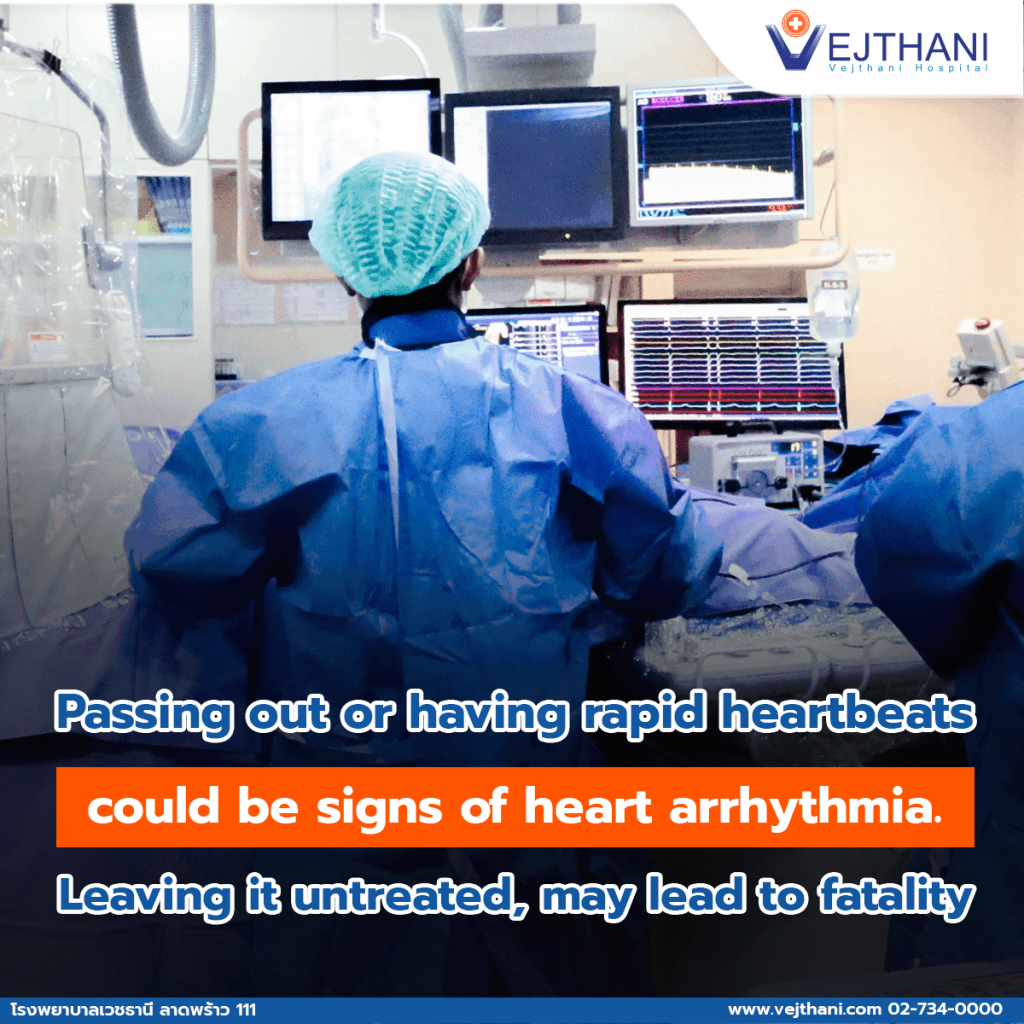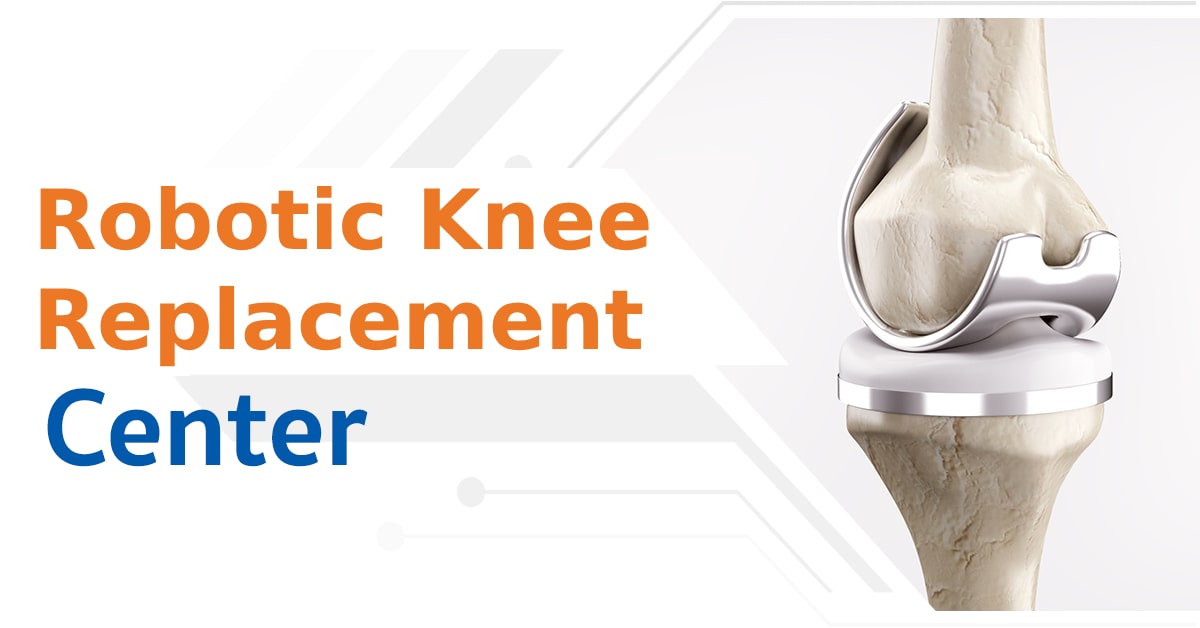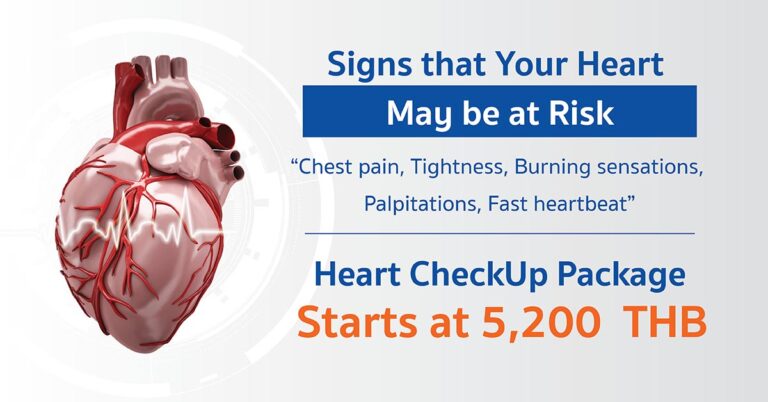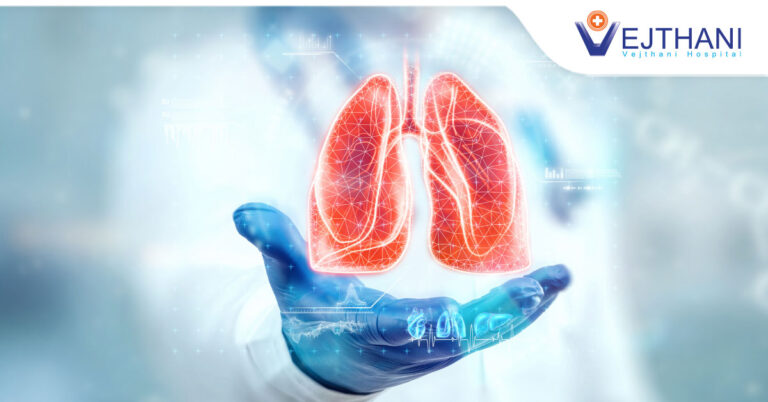

Cardiac arrhythmia is an irregular heartbeat that is either too slow or too fast to the extent where it reduces the efficiency of blood flow to feed the organs throughout the body. This disease can also pose a fatal risk of heart failure or stroke.
Normally, the heart rate ranges from 50 to 100 beats per minute. If a heart beats slower or quicker than this range, it can be considered as cardiac arrhythmia.
Slow irregular heartbeat: This causes fatigue, palpitations, syncope, dizziness, fainting, unconsciousness or even sudden death.
Fast irregular heartbeat: This causes palpitations, strong heartbeats, chest pain and dizziness, which poses a risk of heart failure and sudden death.
If any of the abovementioned symptoms are happen frequently, the patient is advised to see a doctor immediately for diagnosis and proper treatment.
There are many ways to diagnose and treat cardiac arrhythmia, depending on the type of irregularity and severity. The most effective treatment is performing a radiofrequency catheter ablation at the problematic area. This treatment gives a permanent recovery rate of 95–98% without requiring the patient to take lifetime medications.
For more information, please contact
Cardiac Center, 5th floor, Vejthani Hospital 02-734-0000 Ext. 5300
Or call our English Hotline +66 (0) 85-223-8888
- Readers Rating
- Rated 4.1 stars
4.1 / 5 ( Reviewers) - Excellent
- Your Rating



























